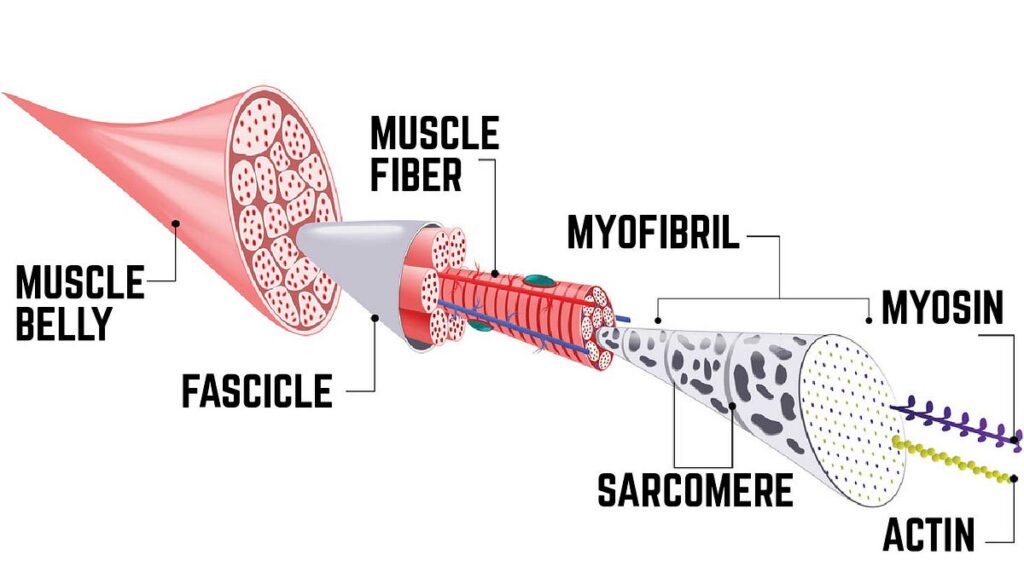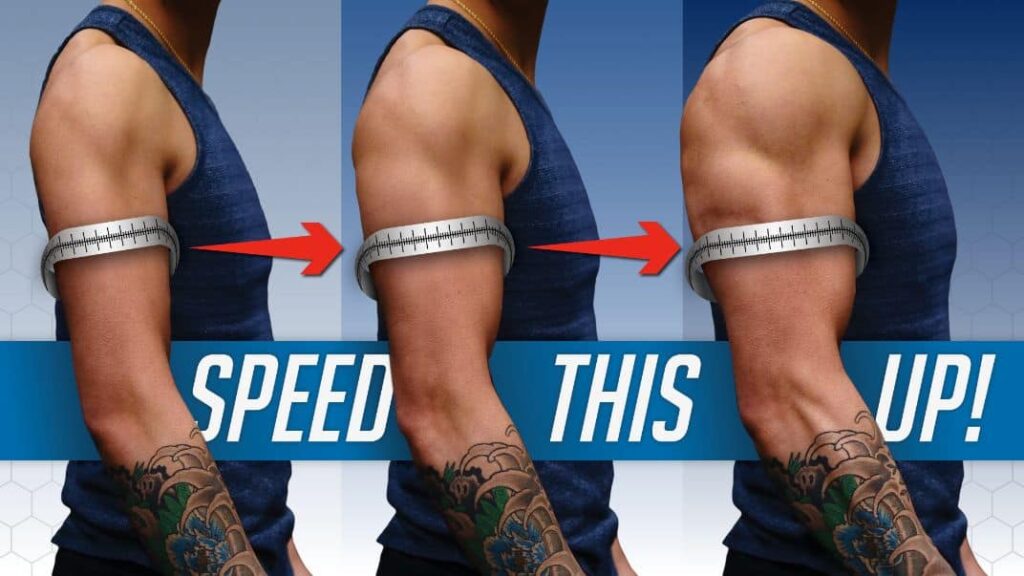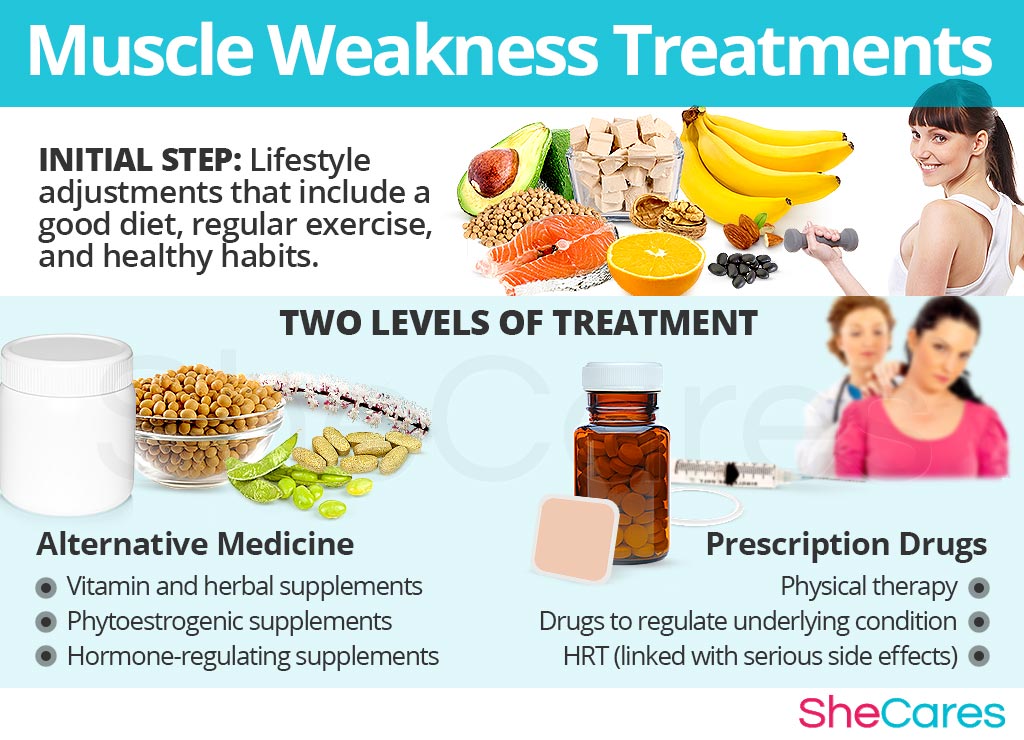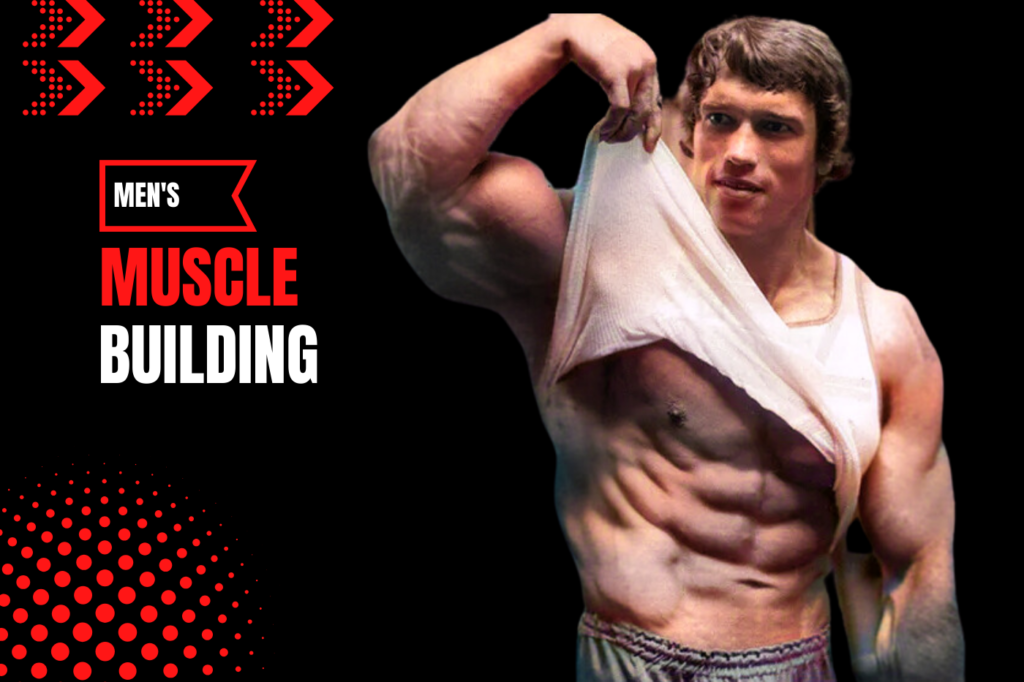You might not be gaining muscle due to insufficient protein intake or inadequate workout intensity. Consistency and proper recovery are also crucial.
Building muscle requires a strategic approach involving diet, exercise, and recovery. Many people struggle to see muscle gains due to common mistakes. Eating enough protein is vital as it repairs and builds muscle tissue. Your workouts need to be intense and progressively challenging to stimulate growth.
Equally important is allowing your body time to recover, as muscles grow during rest periods. Proper sleep and hydration also play significant roles. By addressing these factors, you can create an environment conducive to muscle growth and improve your results.
Common Training Mistakes
Using the wrong form can lead to injuries. It also reduces the effectiveness of your workouts. Proper technique ensures that you target the right muscles. Quality over quantity is key. Watching videos or asking a trainer for help can improve your form.
Being inconsistent hinders muscle growth. Muscles need regular stress to grow. Skipping workouts can set you back. Create a workout schedule and stick to it. Consistency is more important than intensity.
Nutritional Deficiencies
Protein is crucial for muscle growth. Without enough protein, muscles can’t repair or grow. Many people eat less protein than needed. Ensure your diet includes protein-rich foods. Examples are chicken, fish, and beans. Protein shakes can also help. Aim for a balanced diet with every meal.
Muscle gain needs extra calories. Eating too little prevents muscle growth. Calculate your daily calorie needs. Add extra calories for muscle gain. Healthy fats and carbs are also important. Nuts, whole grains, and avocados are good choices. Monitor your intake to ensure consistency.
Rest And Recovery
Overtraining can harm your muscle growth. Muscles need time to heal. Rest days are just as important as workout days. Too much exercise can lead to fatigue. It can also cause injuries. Balance your workouts with proper rest.
Poor sleep quality affects muscle growth. Muscles repair themselves during sleep. Aim for 7-9 hours of sleep each night. Good sleep helps in muscle recovery. It also boosts your energy levels for the next day. Avoid screens before bedtime for better sleep.
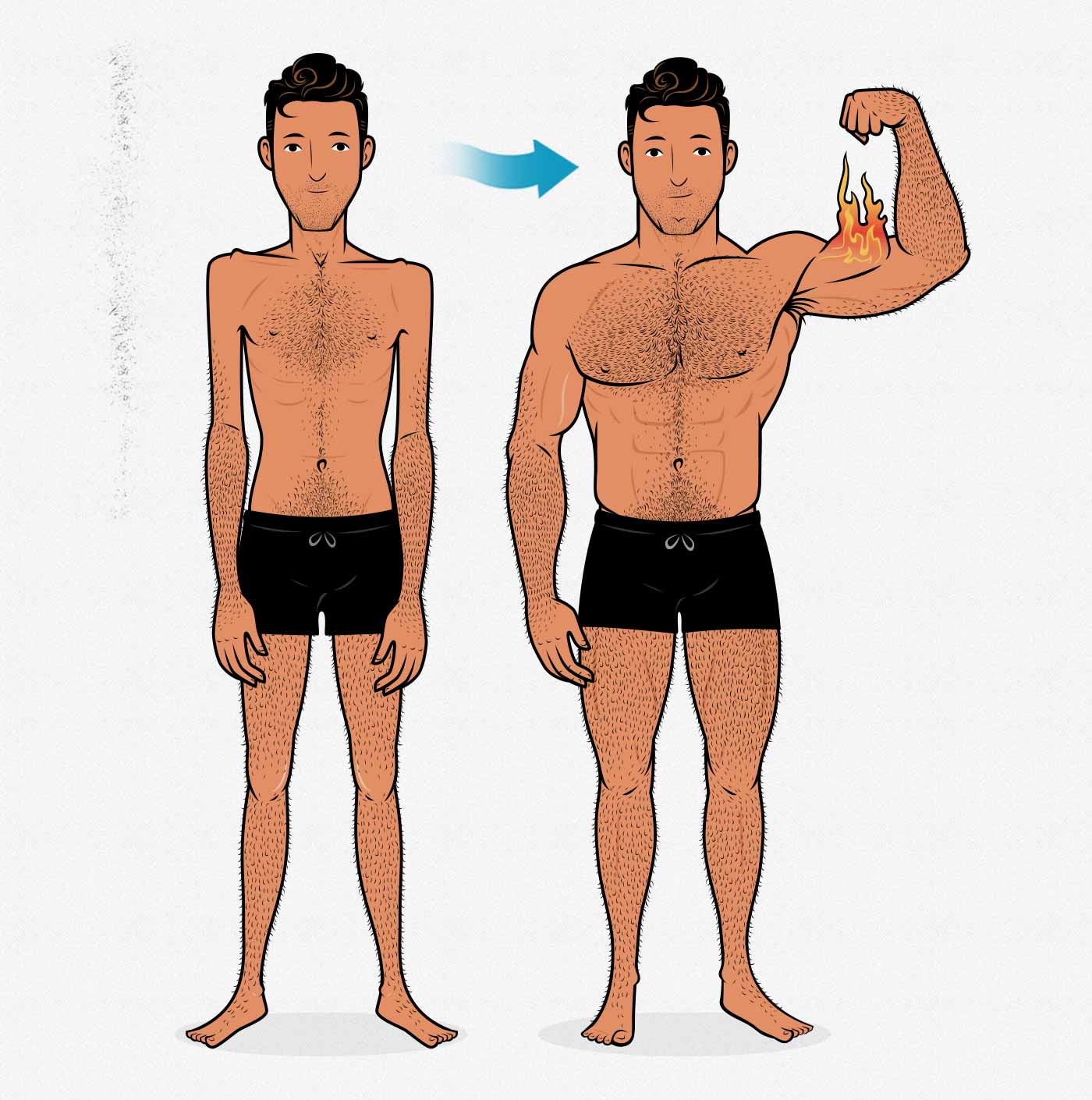
Credit: bonytobeastly.com
Hormonal Imbalances
Testosterone helps build muscle. Low levels can make it hard to gain muscle. Men and women both need it. A doctor can test your levels. Boosting testosterone can help. Eating right and lifting weights helps too. Sleep is also important.
The thyroid controls your metabolism. A slow thyroid can stop muscle growth. Feeling tired and weak can be signs. A blood test can check your thyroid. Medication can fix thyroid problems. Healthy eating supports your thyroid. Exercise helps too.
Genetic Factors
Genetics play a huge role in muscle building. Muscle fibers come in different types. Type I fibers are for endurance. Type II fibers are for strength and size. People with more Type II fibers can gain muscle faster. Others with more Type I fibers may struggle more. Both types are important for overall fitness.
Metabolic rate affects how quickly you build muscle. A faster metabolism burns more calories. This can make it hard to gain weight and muscle. A slower metabolism helps in gaining weight easier. But, both types can still gain muscle with the right plan. Eating enough calories and protein is key. Exercise and rest also play a role.
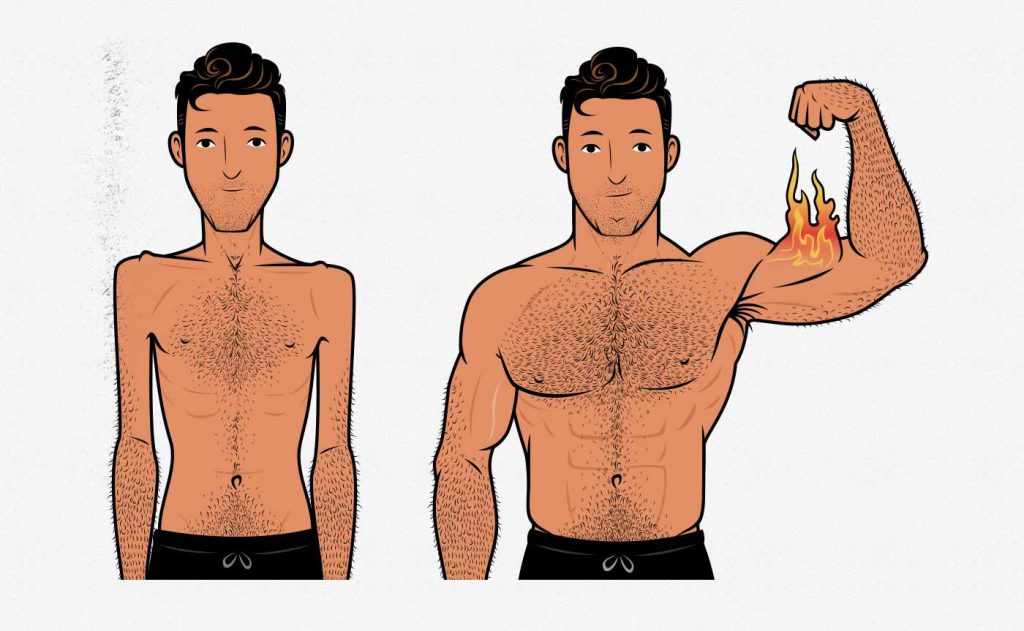
Credit: bonytobeastly.com
Inadequate Progress Tracking
Setting clear goals is essential. Without goals, progress can’t be measured. Goals help keep track of muscle gains. They also provide motivation. Start with small, achievable goals. Write them down and review them regularly. This keeps you on track.
Proper measurement is crucial. Use a tape measure to track muscle growth. Measure your arms, chest, and legs. Keep a workout journal. Record your workouts and weights lifted. This shows your progress. It helps you understand what works and what doesn’t. Regular measurement ensures accurate tracking.
Psychological Barriers
Motivation is key to success. Without motivation, it’s hard to stick to a workout plan. People often skip workouts. Skipping workouts stops muscle growth. Setting clear goals can help. Celebrate small wins. This keeps motivation high. Sometimes, finding a workout buddy helps. Working out with a friend is fun. It also keeps you accountable.
Stress affects the body. High stress levels can stop muscle growth. Stress makes the body tired. Tired bodies don’t grow muscles well. Relaxation techniques can help. Try deep breathing or meditation. These can lower stress. Good sleep also helps. Aim for 8 hours of sleep. A rested body builds muscle better.

Credit: www.muscleandfitness.com
Supplement Misuse
Supplements are not magic. They cannot replace a good diet. Many people over-rely on supplements. They forget about real food. Real food gives you better nutrients. Supplements should only fill the gaps. They are not the main source of nutrition.
Some supplements do not work. They make big promises. They say they will help you gain muscle fast. Many do not have any science behind them. They can be a waste of money. Always research before buying. Look for trusted brands. Check for real reviews.
Frequently Asked Questions
Why Am I Not Gaining Muscle?
You might not be gaining muscle due to insufficient protein intake, lack of proper training, or inadequate rest. Ensure a balanced diet, follow a structured workout plan, and prioritize recovery.
How Much Protein Do I Need To Build Muscle?
To build muscle, aim for 1. 6 to 2. 2 grams of protein per kilogram of body weight daily. Protein helps repair and grow muscle tissues.
Does Sleep Affect Muscle Growth?
Yes, sleep significantly impacts muscle growth. During sleep, your body repairs and grows muscle tissues. Aim for 7-9 hours of quality sleep each night.
Can Stress Prevent Muscle Gain?
Chronic stress can hinder muscle gain. Stress increases cortisol levels, which can break down muscle tissue. Practice stress-management techniques like meditation or exercise.
Conclusion
Achieving muscle growth requires proper nutrition, consistent workouts, and adequate rest. Evaluate your routine and make necessary adjustments. Stay patient and committed; results take time. Remember, everyone’s body responds differently. Keep tracking your progress, and don’t hesitate to seek professional advice if needed.
Your muscle-building journey is unique and achievable.



